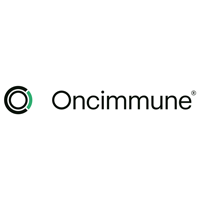Researchers at University of California San Diego School of Medicine report that cancer cells appear to communicate to other cancer cells, activating an internal mechanism that boosts resistance to common chemotherapies and promotes tumor survival.
The findings are published online in Science Signaling.
Six years ago, Maurizio Zanetti, MD, professor in the Department of Medicine at UC San Diego School of Medicine and a tumor immunologist at Moores Cancer Center at UC San Diego Health, published a paper in PNAS suggesting that cancer cells exploit an internal mechanism used by stressed mammalian cells, called the unfolded protein response (UPR), to communicate with immune cells, notably cells derived from the bone marrow, imparting them with pro-tumorigenic characteristics.
The UPR is activated in response to unfolded or misfolded proteins accumulating in the endoplasmic reticulum (ER) – an organelle that carries out several metabolic functions in the cells and the site where proteins are built, folded and sent for secretion. The UPR can often decide cell death or survival.
In their new paper, Zanetti and colleagues say cancer cells appear to take the process beyond just affecting bone marrow cells, using transmissible ER stress (TERS) to activate Wnt signaling in recipient cancer cells. Wnt is a cellular signaling pathway linked to carcinogenesis in many types of cancer.


